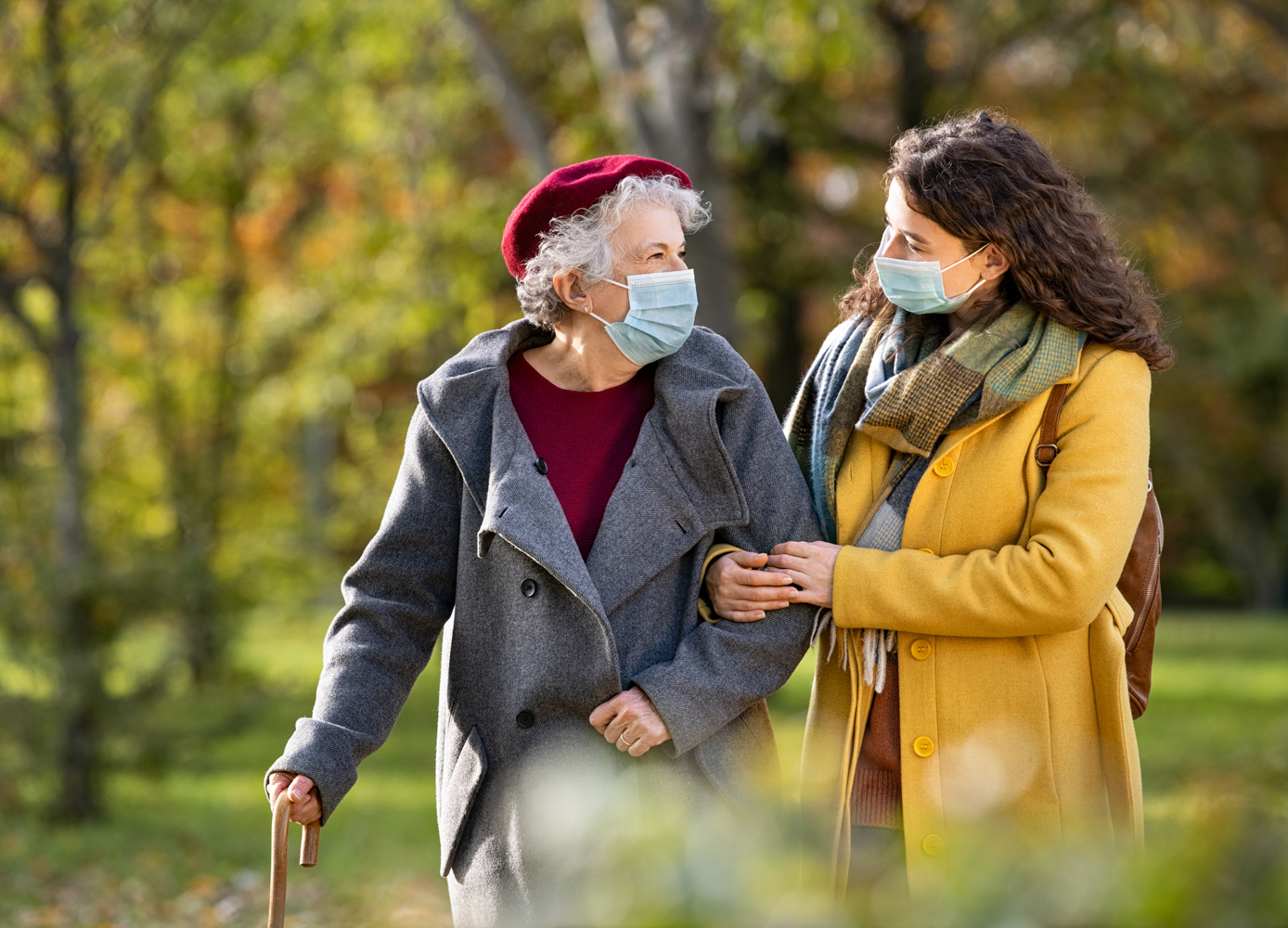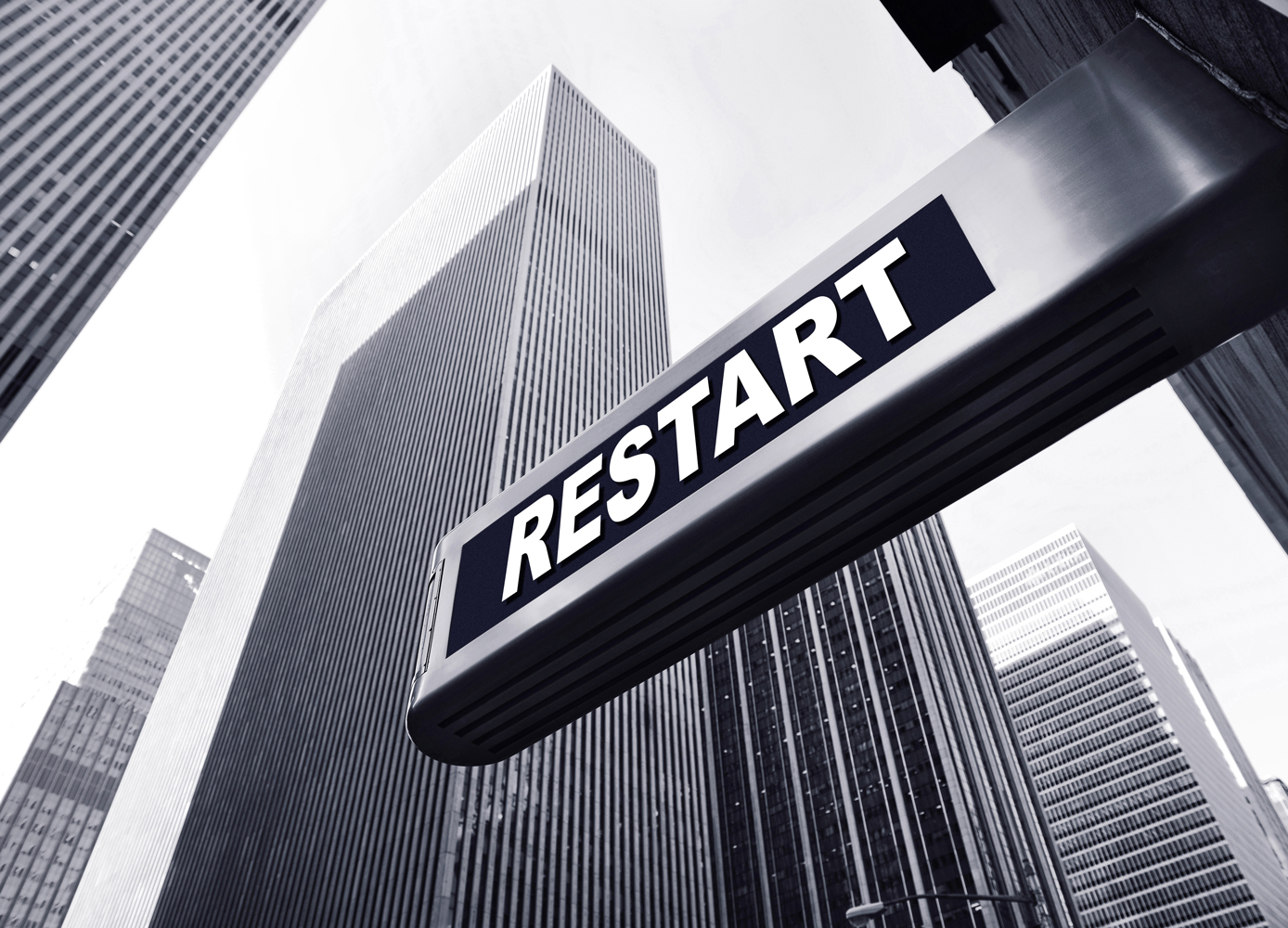Those who have received the vaccine may still be able to spread the virus
By Caitlin Finlay
Many of us no doubt hoped that the COVID-19 vaccine would spell the end of pandemic regulations, but unfortunately that’s not the case. Until we can guarantee herd immunity—that is, when enough of us are immune to the virus that it can’t spread easily—and have more research on the effectiveness of the vaccines in preventing the transmission of the virus, masks and social-distancing measures will be a fact of life even among those who have been vaccinated.
While the vaccines from Moderna and Pfizer-BioNTech have been approved for use within Canada and have demonstrated 95% efficacy in preventing COVID-19 in clinical trials, no vaccine is 100% effective, and they’re often less effective in the real world than in a controlled clinical setting. Even if the vaccine continues to be 95% effective in the general population, that still leave 1 in 20 people vulnerable to the disease. Those who have been vaccinated individuals could be infected but asymptomatic, and research has not yet shown whether the vaccines prevent asymptomatic infection or transmission or only protect against a symptomatic infection. Moderna and Pfizer-BioNTech are currently studying the efficacy of their vaccines against infection rates, but results won’t be available for weeks.
Continuing to wear a mask and follow social distancing guidelines protects not only yourself but everyone around you, including those who aren’t eligible to receive the vaccine and those with compromised immune systems, for whom vaccines are historically not as effective.
Vaccines are also not immediately effective; there’s generally a two-week period before the body produces the antibodies required to prevent infection. These vaccines in particular require a two-part dosing schedule that further extends the timeline. Moderna suggests four weeks between the first and second doses of its vaccine, and Pfizer-BioNTech suggests a three-week period between doses. This means that someone receiving the vaccine won’t be protected until five to six weeks after receiving the first dose.
Another complication is that while studies have suggested that the existing vaccines will be effective against the new variants of the virus, which seem to be at least 50% more contagious than the original strain, more research is needed to determine the extent of the vaccines’ efficacy.
The vaccines provide a beacon of hope, but the best strategy currently available is to get the vaccine while continuing to follow public health guidelines, which include wearing a mask, frequent hand washing, and social distancing to protect ourselves and our communities.
Photo: iStock/Ridofranz.






